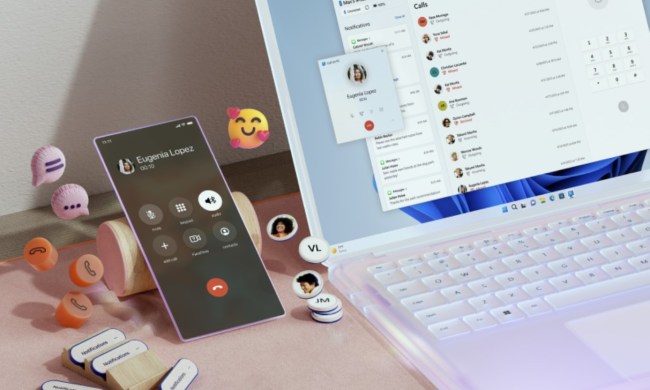It’s the end of an era for the largest passenger jet in the world after Airbus delivered the final A380 to Emirates this week.
Notable for its double-decker design and enormous size, the A380 took its first flight with Singapore Airlines in 2007, with other carriers such as British Airways, Qantas, All Nippon Airways, and Korean Air going on to purchase and fly the superjumbo. Emirates is by far the biggest user of the A380, with 123 of the 251 produced in its fleet.

It was two years ago when Airbus announced it would be ending the production of the A380 in 2021. The decision was the result of a drop in orders as airlines turned to smaller, more efficient jets for long-haul passenger flights.
Emirates tweeted news of the arrival of the final A380 at its hub in Dubai on Thursday, December 16.
Say hello to the newest member of the family! Our 123rd A380, the final to be delivered by @Airbus, is on the way to its new home in Dubai. https://t.co/nF1D9pbozx pic.twitter.com/aSUzY17kah
— Emirates Airline (@emirates) December 16, 2021
The A380 has an 80-meter (262 feet) wingspan and is 73 meters (239 feet) long. Its massive size allowed it to be configured to carry as many as 850 passengers, though most airlines ended up going with a mixture of seat types, reducing the passenger count to around 500.
The large amount of space also allowed carriers to get creative when ordering their A380 aircraft from Airbus. For example, Etihad Airways, which last year retired its fleet of 10 A380 planes, hit the headlines in 2014 when it unveiled “The Residence,” a new class of travel comprising what it claimed was the world’s first multiroom cabin on a commercial jet. The cabin included a living room, bedroom, and ensuite shower room, with a one-way trip between Abu Dhabi and London costing around $20,000.
Emirates, too, has special facilities on some of its A380s, including privates suites, shower spas, and lounges with bars.
The aircraft is also known for the reduced engine noise inside the cabin. In fact, it’s so quiet that once it prompted pilots to complain that they found it hard to sleep during breaks, as all they could hear were crying babies, flushing toilets, and call bells — noises usually drowned out by the sound of the engines.
When Airbus announced two years ago that it was ending production of the A380, the then Airbus CEO Tom Enders said it had been a “painful” decision, adding: “We’ve invested a lot of effort, a lot of resources, and a lot of sweat into this aircraft.”
Airbus has produced its last A380, but the aircraft is expected to stay in service for years to come, allowing aviation enthusiasts to enjoy this unique jet for a while yet.


